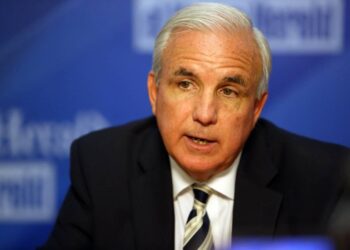Queen Elizabeth II of the United Kingdom included the renowned Cuban dancer Carlos Acosta in her 2014 list of honor for his contributions toballet, the British Royal Family reported in recent days.
In her traditional New Year list, the monarch decorated the artist, invited by the Royal Ballet of London, as Commander of the Most Excellent Order of the British Empire.
The also choreographer, writer and movie artist said the distinction is “a great surprise and an enormous privilege,” he told reporters.
The 2011 National Dance Award currently passes through one of the most diverse stages of his career, as in just three months he debuted in cinema, published his first novel (Pata de Puerco) and also debuted as producer for the Royal Ballet with a remake of Don Quixote.
Acosta, gold medal at only 17 in the international dance competition in Lausanne, Switzerland, stands out on stage for his exceptionaltechnique and interpretive elegance; hence the specialized press deems him the successor of Rudolf Nureyev and the new Vaslav Nijinsky,two virtuosos of the dance world.
The Cuban dancer, one of the highest representatives of the Cuban School of Ballet, is credited with numerous roles in the most prestigious dance companies in the world and also began writing in 2007 with his autobiography No Way Home.
His awards also include the Laurence Olivier for the best show presented on London stage in 2006, through the play Tocororo; the PrincessGrace Foundation Dance Fellowship in 1995 and the one to the Merit in the Young Talent Competition, in Positano, Italy.
Over a thousand personalities of the art, academic, medical, scientific, social and economic development world of UK were honored by Queen Elizabeth II in four categories.
Another of the figures honored by the monarch were the opera singer Katherine Jenkins, the British conductor Simon Rattle, leading the Berlin Philharmonic Orchestra, the octogenarian actress Angela Lansbury, the composer and conductor Maxwell Davies and the former Wimbledonchampion Ann Jones.
For the first time since the creation of the Order of the British Empire in 1917, there are more women (51 percent) than men among the winners.
Source: EFE










